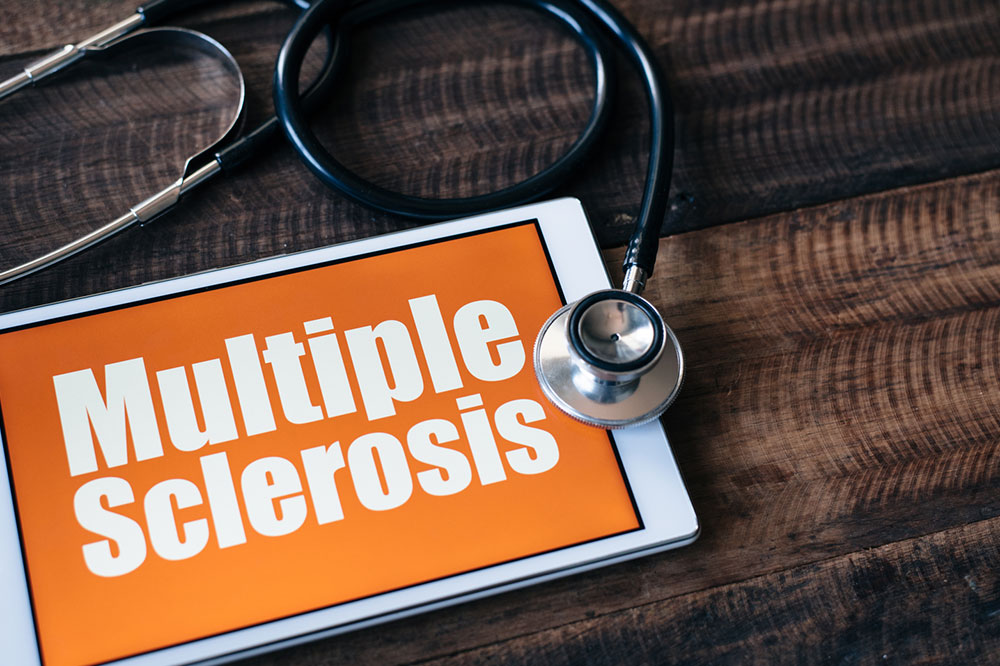Understanding Treatment Options for Multiple Sclerosis
This article explores a range of treatment options and supportive remedies for managing multiple sclerosis. It highlights essential vitamins, herbal alternatives, and lifestyle tips that can help improve quality of life for MS patients. Emphasizing the importance of professional consultation, it serves as an informative guide for those seeking symptom relief and management strategies in MS care.

Understanding Treatment Options for Multiple Sclerosis
Multiple sclerosis (MS) is an autoimmune disorder where the body's immune system mistakenly attacks the central nervous system (CNS), which includes the brain, spinal cord, and optic nerves. Normally, the immune system collaborates with the CNS, but MS disrupts this harmony. While the exact cause of MS remains unknown, treatment strategies primarily aim to manage symptoms and promote recovery after flare-ups rather than targeting the root cause.
Complementary and home remedies for MS
Various supportive treatments can help alleviate symptoms and improve quality of life for those with MS.
Vitamin A
Vitamin A, rich in antioxidants, has been shown to delay age-related macular degeneration and may provide benefits for MS patients by reducing oxidative stress.
Vitamin B1 (Thiamin)
Essential for nerve and brain health, vitamin B1 supports proper nerve function, muscle activity, and metabolism. Incorporating B1-rich foods can help manage degenerative symptoms.
Cranberry
Cranberries are packed with antioxidants and are commonly used to treat urinary tract infections. For MS individuals experiencing bladder issues, cranberry juice may offer some relief.
Mineral Oils
Constipation is common among MS patients, and mineral oils can act as laxatives. However, consult a healthcare professional before use, as long-term usage may have side effects.
Burdock Root
Traditionally used for centuries, burdock root (Arctium lappa) exhibits anti-inflammatory and antioxidant properties. Though promising, caution is advised due to potential allergic reactions, especially in MS sufferers. It may also have positive effects on skin and other inflammatory conditions.
These approaches can support symptom management in MS, but severe cases should always be evaluated and monitored by medical professionals.










